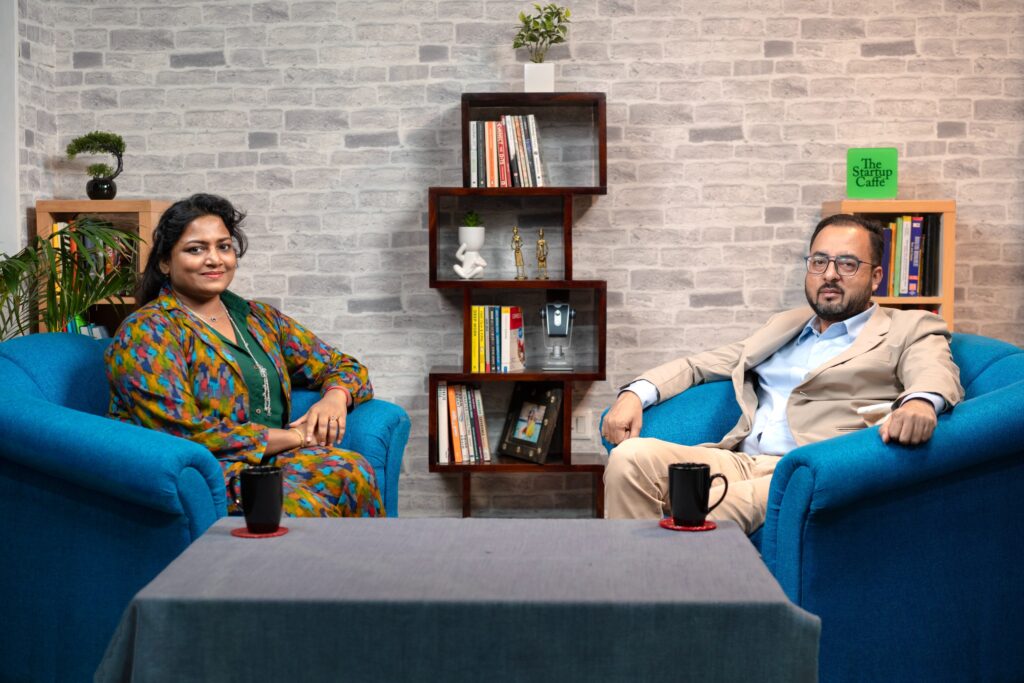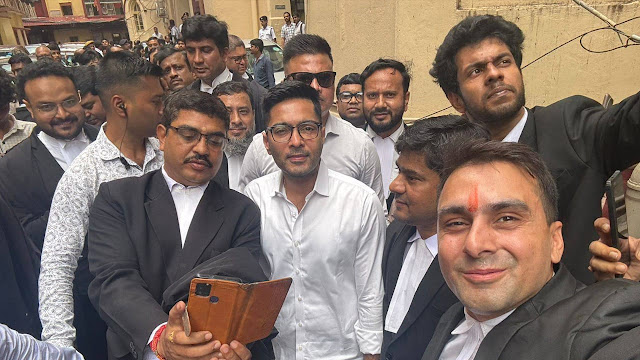KalimNews, New Delhi, July 3, 2025 : The disturbing Shillong honeymoon murder, where 29-year-old Sonam Raghuvanshi allegedly orchestrated the killing of her husband Raja during their honeymoon in Meghalaya, has shocked the nation. However, mental health expert and MyTreya founder Punitha S R warns that this case is more than just a tragic anomaly—it is a symptom of a widespread emotional crisis unfolding silently within Indian households.
In an exclusive conversation with The Startup Caffe, Punitha offered a deeply psychological reading of the events that have captured national attention. Drawing from over a decade of experience in psycho-social therapy and community development, she emphasized that acts of such extreme violence do not emerge in isolation but are rooted in longstanding emotional suppression and systemic family dysfunction.
“This isn’t just about betrayal. It’s the result of a psychological time bomb created over years of unaddressed pain,” Punitha said. “This particular case demonstrates what happens when someone doesn’t have a voice at home.” She argued that Sonam’s alleged actions reflect the cumulative impact of emotional neglect, identity erasure, and the absence of safe spaces within families for open expression. While not excusing the alleged crime, Punitha pointed to the societal conditions that allowed such a breakdown to unfold unchecked.
Highlighting what she terms an “accountability crisis” among parents, Punitha delivered a candid critique of familial denial. “The funny part is, we never acknowledge and we never realize the accountability and responsibility,” she stated. “Parents would rather say ‘not my child’ than confront the possibility that their child’s mental health deteriorated right under their roof.” She emphasized that families often spot behavioural red flags but choose silence over action, a pattern she considers dangerously common. “As outsiders, we sometimes catch the clues, but parents refuse to accept that mental wellbeing is their responsibility.”
For Punitha, the Shillong case is not an isolated incident but rather a vivid manifestation of a national mental health emergency that spans all social strata. Through her work with MyTreya—a tech-enabled, holistic wellness platform inspired by the longevity practices of the world’s ‘Blue Zones’—she meets countless individuals grappling with emotional suppression and generational disconnection. “People are becoming very violent because they don’t have healthy ways to process their emotions,” she said. “When someone reaches the point of orchestrating murder, it means every other psychological safety net has already failed—starting with the family.”
Punitha argues that mental health care in India must evolve from reactive interventions to proactive prevention. At MyTreya, her team champions the creation of what she calls “emotional infrastructure”—systems that equip individuals to confront, understand, and channel their emotions constructively before crises escalate. “We help people work on the inside so they can shine outside,” she explained. “Whether it’s counselling, legal clarity, or lifestyle changes, every solution begins with helping individuals reclaim the voice they were denied at home.”
Founded with the vision of transforming emotional health in India, MyTreya offers 24/7 expert support, private counselling, legal and lifestyle consulting, and a lifetime wellness community. The platform promotes sustainable mental clarity and emotional wellbeing by focusing on prevention and empowerment.
As the Shillong honeymoon case continues to unfold through legal channels—with all individuals presumed innocent until proven guilty—Punitha’s intervention urges the country to look deeper. Beyond the headlines, she warns, lie untold stories of emotional pain, neglected mental health, and families in denial. Her message is clear: healing India’s emotional wounds starts at home.








